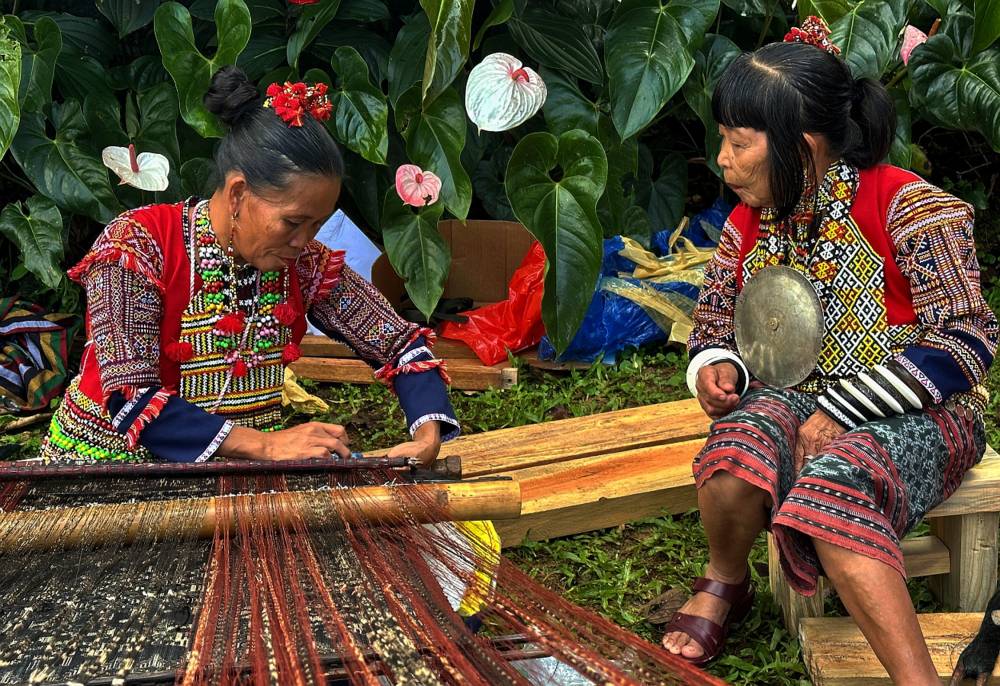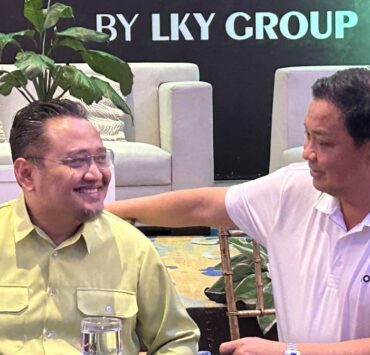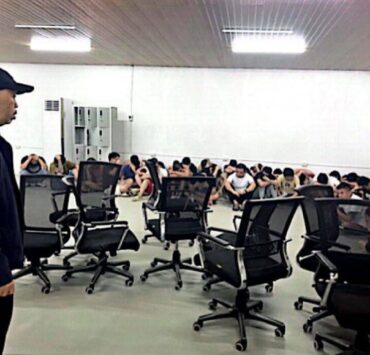Weavers: Protect indigenous textiles

BAGUIO CITY—Textile experts from around the world are calling for an authentication system to preserve indigenous fabrics and safeguard them from counterfeiting, as Mindanao weavers delivered a strong message during this year’s World Ikat Textiles Symposium: “Don’t steal our ikat!”
Mandaya weaver Samporonia Madanlo and Tboli elders Rosie Sula and Barbara Ofong voiced their concerns about the misuse of their cultural heritage and traditional weaving knowledge during the “ikat” (a method for coloring fabric in patterns before it is woven) symposium held here on Thursday.
Hosted in the Philippines for the first time, the weeklong event took place in Baguio City and featured classic and traditional weaving practices from Mindanao, Ifugao, Mountain Province, China, India, Timor-Leste, Malaysia, Uzbekistan and Japan.
The symposium also brought to light the challenges of cultural misappropriation and the mass reproduction of indigenous textiles, particularly those with deep ritual significance.
“What I am afraid of is how our designs are commandeered through the internet and social media and imitated so others can profit from [her community’s Tnalak weaving techniques] … Do not copy them,” said Ofong, a South Cotabato-based weaver who was declared a national living treasure for textile weaving by the National Commission for Culture and the Arts last year.
Ofong, 68, who learned her craft from her parents at age 12, underscored the importance of preserving authentic patterns handed down through generations. “Para di mawala (So they do not disappear), I will not follow new [modern weaving] patterns,” she said.
Ilocano researcher Malot Ingels highlighted the significance of weaving in empowering women and giving them “a special place” in their communities, adding that changes to traditional weaving practices should evolve organically, without outside interference.
Singaporean textile consultant and researcher Joseph Lo proposed the establishment of an authenticity certification system to safeguard indigenous textile traditions.
“The world is big enough for everybody,” Lo said, suggesting that such a program could validate newly reproduced textiles while ensuring that artisans remain “at the driver’s seat.”

















